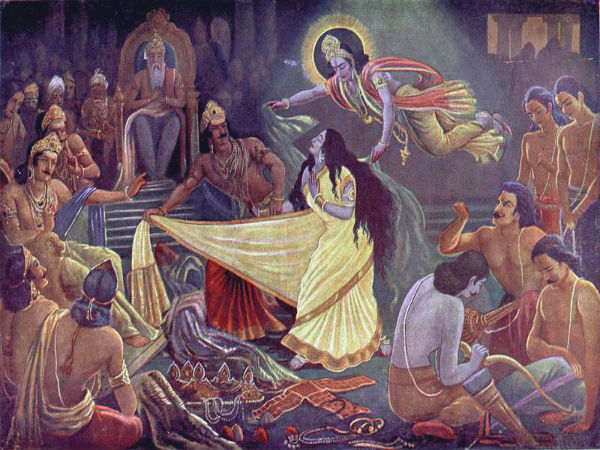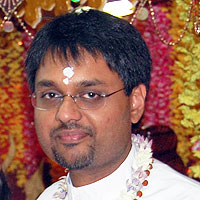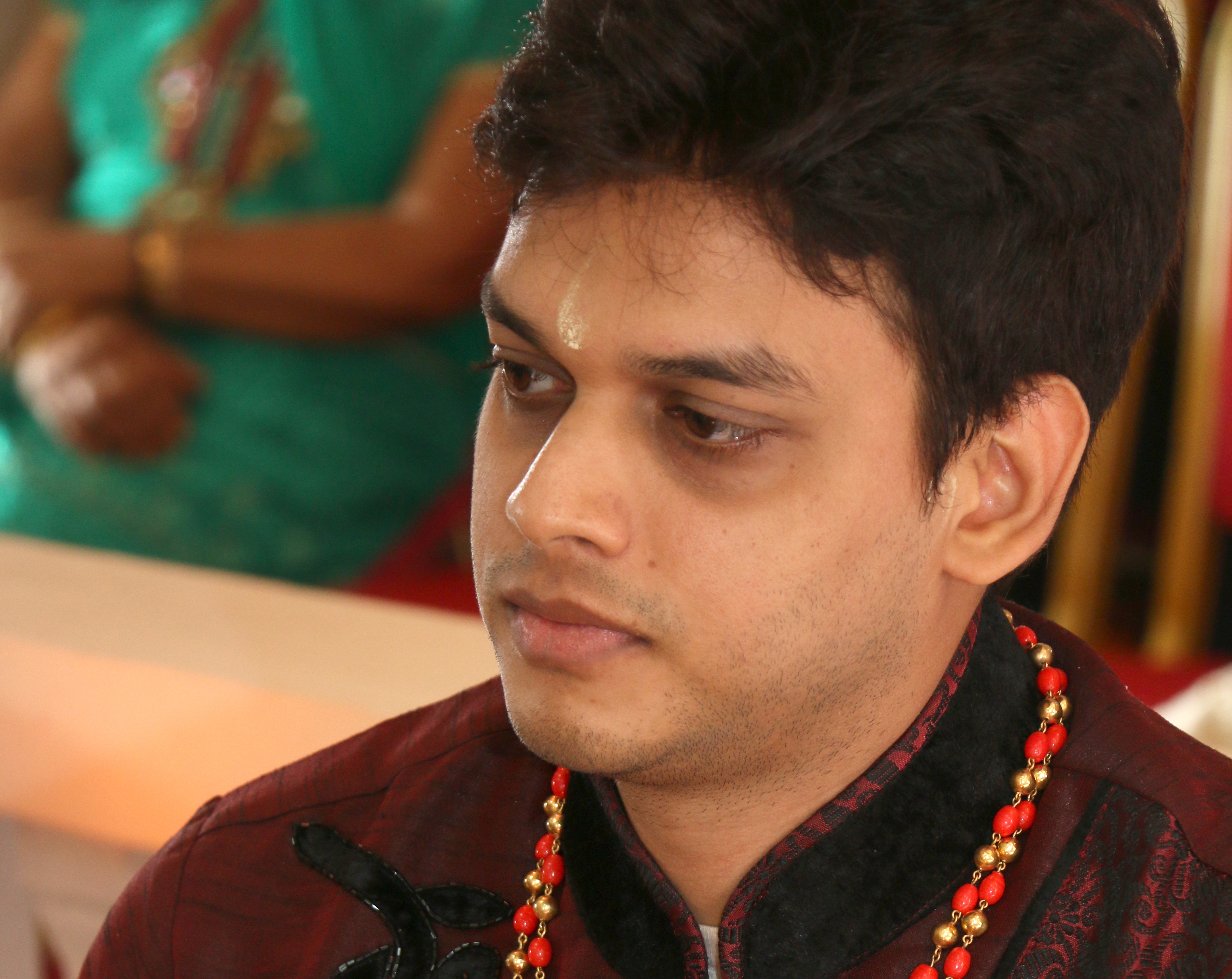Hindu scriptures are depthless and any effort made to understand them requires analysis. Like many literary works compiled centuries ago, consideration must be given to various factors before any application or comparisons can be made to present day situations. It is only by going beyond the outer layers of the script with the appropriate mind-set can one glean lessons relevant to current situations and to one’s life.
The mysteries of the world can be unraveled from the experimental, cosmological and metaphysical angles. As such, kathas( stories) of Bhagavan Krishna, for example, can be understood from varying viewpoints. At the experimental level, the sequence of the kathas can be read for acquiring knowledge, while the application of the cosmological laws that govern the world can be discerned by the seeker who dives deeper. However, from a metaphysical perspective, these kathas impact deeper in a very personal way and can effect positive change within.
Every situation that arises needs to be analyzed from these three different perspectives for clarity and depth of understanding. Unfortunately, it is quite common that the perspective an individual chooses depends on his agenda and where he is. Sadly, personal agenda and superficiality take the place of principle.
The physical, social and cultural setting amidst which these scriptures were written are suited to India and the conditions that existed then. Time, place and circumstances were different then but the principles encoded within the episodes are universal and hold good for all times. As such, the universal practices are maintained while adaptations and modifications are necessary for proper application.
The individual’s intellectual state contributes largely to the intent and depth of understanding of the kathas, the context and inter-dependence of situations, and the lessons to be learnt. Understanding, analysis and application depend on whether one is in the unenlightened, relative or enlightened state. It is said that great minds focus on principles, mediocre minds on events while the under-developed one is interested in people. The intellectual state of mind determines the perception, and in some cases, even principles are twisted. Very rare is the enlightened perspective considered and as a result, skewed understanding of these immortal writings is projected, resulting in the essence of kathas either hidden or lost.
The katha that describes the attempt to strip Draupadi is an example of the depth of understanding that should be gleaned from our scriptures. In brief, the Pandavas were challenged in a gambling match and lost by deceitful means to the Kauravas. They lost everything they owned, including themselves.
To add insult to injury, the Kauravas wanted to disrobe Draupadi in the assembly, where Bheeshma and other respectable persons sat silently. Draupadi appealed to all these learned ones but got no help. Realizing she was alone, she surrendered to Bhagavan Krishna, appealing to Him.
One of the Kauravas, Dushasan, pulled out a mountain of sari but Draupadi was still clad. This effort he made to humiliate and embarrass the Pandavas failed miserably. In fact, this act by the Kauravas elevated her.
Many are the questions that arise from this katha, and many are the responses and lessons acquired according to the depth delved. One of the questions is ‘Why was Draupadi in this situation?’ Clearly, it was part of a Divine plan. Way beyond the assembly hall and the people present, it was the Divine at work. Some years earlier, Draupadi offered her shawl to a sadhu who was shivering in the cold. Because of this compassionate act of hers, Bhagavan Krishna championed her cause to protect her modesty. Her past karmas bore fruit. Indeed, whom the Lord protects, no one can destroy.
The question as to why the Pandavas had to suffer lies in their decision to engage in gambling. They made themselves helpless by their own actions and had to suffer in silence. Such is the result of wrong options.
The answer to the question as to why Bheeshma and other elders could say or do nothing to avoid the attempt by Dushasan to disrobe her was given to Draupadi by Bheeshma on his death-bed. He said he was ‘eating Duryodhan’s salt’ and was thinking like him. Indeed, the importance of right association is a valued lesson to be learnt.
In a broader sense, Bheeshma was helpless despite all the sacrifices that he made. Clearly, it was part of a Divine plan so that Draupadi could be elevated.
These examples briefly give an insight on the way that our scriptures need to be studied in order to get a sense out of every katha. Our scriptures are multi-layered, far beyond the superficial and so long as we remain at the story level, so long will we be unable to take pertinent lessons from them. We need to go to the high intellectual state, to the enlightened level where we will be able to derive a deeper understanding and true essence of every katha of our scriptures.
Paramacharya Pt. Hardeo Persad
Spiritual head
SWAHA Inc



